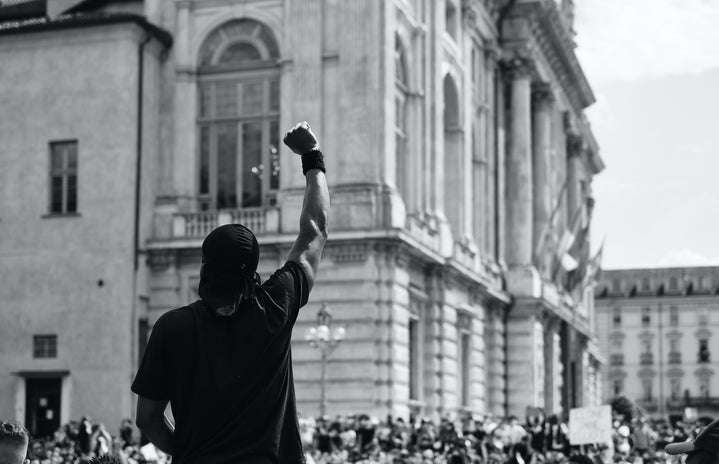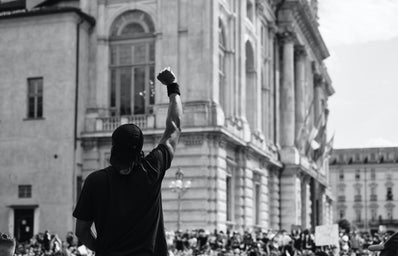Even amid a pandemic and months of quarantine, people are using their voices all over the world to protest human rights issues. In May 2020, thousands of United States citizens protested against the death of George Floyd, while in August, thousands of citizens of Belarus protested the presidential election of Alexander Lukashenko. Now, over half a million citizens of Poland are protesting their court’s decision to make abortion illegal in cases of fetal abnormalities. More than ever before, people are protesting in mass groups, showing that human rights issues are not going to be taken away by the obstacles of a pandemic. The people of Poland are protesting and the rest of the world is watching.
In a predominantly Roman Catholic country, many citizens support the tight restrictions on abortion. Before the court’s decision on fetal abnormalities, abortions were only legal in three circumstances: cases of rape or incest, cases of fetal abnormalities, and cases of physical harm to the mother’s health. In fact, last year, only about 1,100 abortions were performed in Poland, 98% of which were performed due to fetal abnormalities. Since fetal abnormalities comprise the majority of abortions performed, the passing of this decision could essentially signify the elimination of abortion for Poland women.
Due to this decision, millions of Polish women are protesting and going out on the streets of main cities to voice their concerns. Dunja Mijatović, the current Counciler of Europe Commissioner for Human Rights from Bosnia and Herzegovina, voiced on Twitter that “removing the basis for almost all legal abortions in Poland amounts to a ban and violates human rights.” This abolishment of already restricted abortions is even more concerning when we take into account that women’s rights groups estimate between 80,000 and 120,000 Polish women a year seek an abortion abroad. This means between 98.6-99.1% of abortions are done abroad.
While the majority of women in Poland would never have an abortion themselves due to beliefs involving religion, many of them also believe that women should be given a choice in the matter.

Because of the protests that have shocked Poland and its government, the President of Poland, Andrzej Duda, submitted “a proposal of changes” to the Polish Parliament that he considered to slightly ease the restrictions of abortion by allowing the abortion of fetuses with “lethal” abnormalities. However, many Polish people and representatives of the government do not believe that this proposal will help either side, and is rather a nefarious way of trying to make a compromise between the two.
In Poland, a fetal abnormality that would now be considered illegal to terminate is Down’s Syndrome, also known as Trisomy 21. Due to this decision, it would also mean a mother would be forced to give birth to a baby born without vital organs. After the baby is born, the Polish government does little to support the mother with a baby with extra needs. Having a child with special needs, whether of the physical or mental type, can be incredibly draining to a mother— financially, emotionally and mentally. Without government support, a mother can risk losing herself in the process of raising her child.
The court’s announcement has been officially postponed to mid-November, as it is believed that the Polish government was in complete shock and disarray after the abounding number of protestors seen all over the country. In fact, over 100,000 people protested in Warsaw on Friday after the decision was announced. While there are many people protesting who are pro-choice, many citizens are just annoyed by the tighter restrictions on abortion. Churches in Poland are in favor of the ruling, but citizens all over are not. Protesters held signs saying, “I wish I could abort my government,” and hundreds of protestors came together to form this movement.
The Polish protests are inspiring people all over the world.. While they have strong beliefs within their religion, many also believe that women have rights that deserve to be protected by their government. We will wait to see what comes to fruition for this country in the following weeks…


